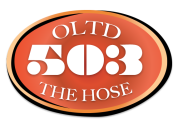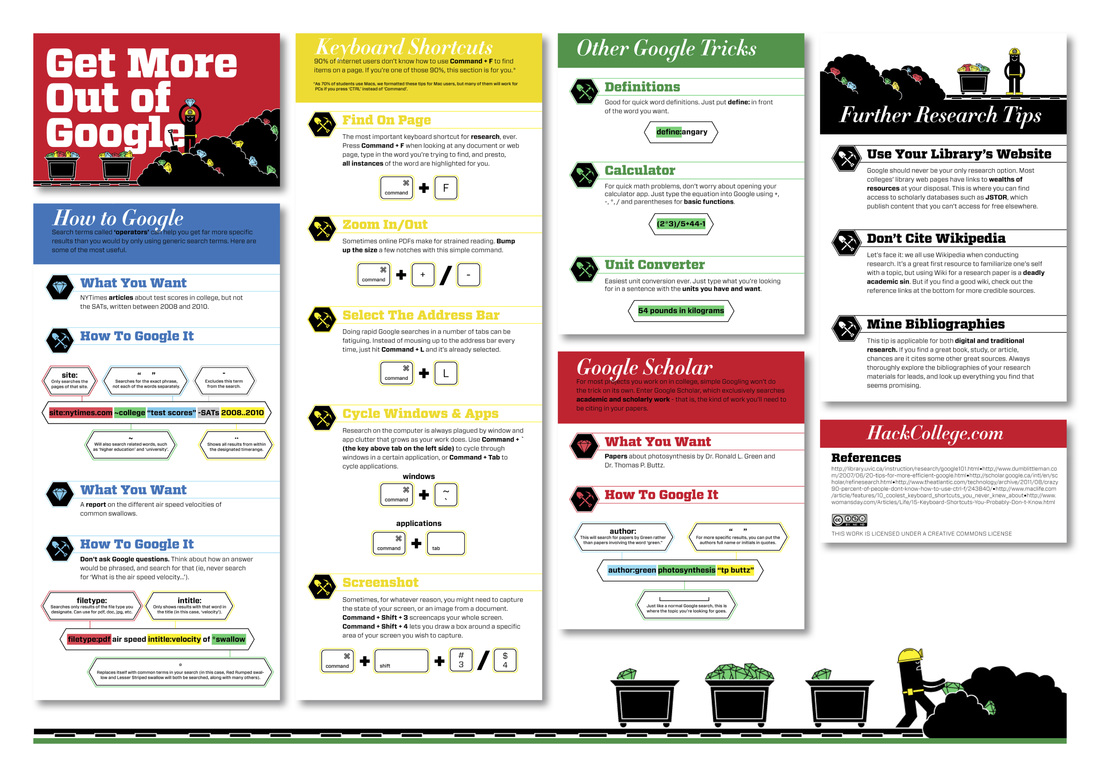Information Overload, or bad filters?
Before the internet, when you needed to do some research about something, you would go to the library and the librarian would bring you ten or fifteen books that addressed the issue; you were a little overwhelmed but got through them, finding bits here and there. The tiny librarian who lives inside search engines, however, is a little bit of an overachiever; she will sometimes bring you hundreds of thousands of books, blogs, articles, and yell with a high pitch voice, YOU’RE WELCOME!
This information overload is a dragon of our own making. As it turns out, humans are very creative and everyone seems to have something to say; the internet became a virtual diary, soapbox, book publisher, all in one.
With the focus on teaching 21st century skills, schools are now training students to “create content”, to follow and share their passions, which in turn is bound to increase the acceleration of the flow of information even more than previously predicted. This is a wonderful thing, as everyone should learn to join in and share information; the more we share, the more we are able to grow in knowledge. This also makes selection and sorting of information a very difficult task.
Misinformation and biased information online also is a huge issue. Students often don't have enough critical reasoning to define what is true and what isn't, and so it falls to us teachers the responsibility to teach them how to filter this content and how to develop these critical skills, as well as where to find useful, credible and unbiased information.
There are many different kinds of filter being developed to help us with different aspects of internet information: mail filters, intelligent filters, search filters, scholarly filters and so on. Some of them are more successful than others.
Below, a few simple steps to improve your Google search results:
This information overload is a dragon of our own making. As it turns out, humans are very creative and everyone seems to have something to say; the internet became a virtual diary, soapbox, book publisher, all in one.
With the focus on teaching 21st century skills, schools are now training students to “create content”, to follow and share their passions, which in turn is bound to increase the acceleration of the flow of information even more than previously predicted. This is a wonderful thing, as everyone should learn to join in and share information; the more we share, the more we are able to grow in knowledge. This also makes selection and sorting of information a very difficult task.
Misinformation and biased information online also is a huge issue. Students often don't have enough critical reasoning to define what is true and what isn't, and so it falls to us teachers the responsibility to teach them how to filter this content and how to develop these critical skills, as well as where to find useful, credible and unbiased information.
There are many different kinds of filter being developed to help us with different aspects of internet information: mail filters, intelligent filters, search filters, scholarly filters and so on. Some of them are more successful than others.
Below, a few simple steps to improve your Google search results:
|
. The graphic above offers a series of little-known filters when doing a Google search.
Try a simple Google filter right now! Type in Tiger on your search. Now, type in Tiger -animal and see how your results changed. (Please note -- command is a Mac key; it equals Ctrl on Windows) Tweet your impressions and insight to #filterthewater |
You can download this info-graphic below:
| 6707250233_7d2c683af8_o.jpg | |
| File Size: | 2523 kb |
| File Type: | jpg |
So, what's the real issue?
Watch the short clip below...
Now that you have watched the clip above, visit our whiteboard and express your own thoughts regarding this issue. Don't forget to sign your comment so we can keep track, and careful not to delete each other's comments.
Link to whiteboard: http://webwhiteboard.com/#w4bnurtm
The reality is, we still don’t have optimal filters and tools to manage this situation right now, but more and more options are appearing for each type of information available out there. It is important to keep up with new programs, filters and apps that help us reduce the flow of information. Here at 503thehosefm, we are always trying to find new alternatives for you, so remember to tune in!
For your last task, take a picture of yourself holding a sign with your favourite app or software for handling information overload, and email to [email protected].
Good job! You get a badge!!!
For your last task, take a picture of yourself holding a sign with your favourite app or software for handling information overload, and email to [email protected].
Good job! You get a badge!!!

